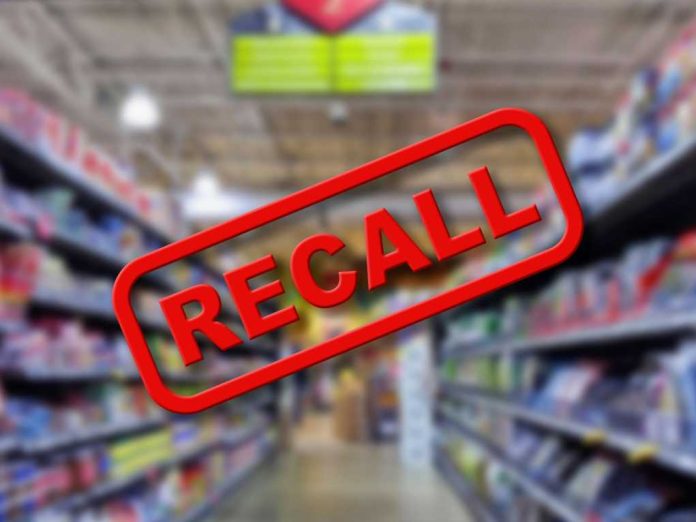
The pasta recall incident of 2025 is a stark reminder of the vulnerabilities in our food safety systems, with tragic consequences.
Story Snapshot
- A recall of pre-packaged pasta products spans 18 states due to a deadly outbreak.
- Six deaths have been confirmed, with dozens more hospitalized.
- The recall has exposed significant lapses in supply chain oversight.
- Regulatory agencies are under scrutiny for their role in the outbreak.
Impact of the Recall
The recall, initiated in late October 2025, has affected consumers across 18 states. The Centers for Disease Control and Prevention (CDC) confirmed six deaths, while over 40 individuals have been hospitalized. The outbreak has been linked to the presence of *Bacillus cereus* toxin found in the pasta products, a bacterium that can cause severe food poisoning. The incident highlights the critical need for stringent food safety measures and robust supply chain management to prevent such tragic outcomes in the future.
Consumers are advised to check their pantries for recalled products and dispose of them immediately. The Food and Drug Administration (FDA) has provided guidelines for identifying affected products by checking lot numbers. Retailers have also been quick to remove these products from shelves to prevent further risk to consumers. The recall not only impacts public health but also brings significant economic consequences for the manufacturer and retailers involved.
Regulatory Oversight Challenges
The FDA and the CDC have launched a joint investigation to determine the source of the contamination and identify any lapses in the regulatory process. Despite being a leading manufacturer with a strong safety record, the company in question is now facing intense scrutiny over its production processes and supply chain management. This incident underscores the need for enhanced regulatory oversight and resources to effectively monitor food safety.
Historically, the U.S. has faced several similar outbreaks, with the 2018 romaine lettuce E. coli outbreak and the 2015 Blue Bell Ice Cream Listeria outbreak serving as recent examples. These incidents have prompted calls for more rigorous inspections and better traceability in the food supply chain to prevent future occurrences.
Consumer Confidence and Industry Response
The recall has understandably shaken consumer confidence in processed foods. There is growing pressure on the food industry to adopt better safety practices and ensure transparency in their operations. Many consumers may now shift towards local or organic brands, perceived as safer alternatives. This shift could have long-term implications for the industry, driving changes in how food is produced and marketed in the future.
Industry experts emphasize the importance of investment in technology and processes that enhance food safety. Improved pathogen detection methods and robust traceability systems can help mitigate risks and restore consumer trust. As the investigation continues, the industry must demonstrate its commitment to safety through action and not just words.
Sources:
FDA Recalls, Market Withdrawals, & Safety Alerts

